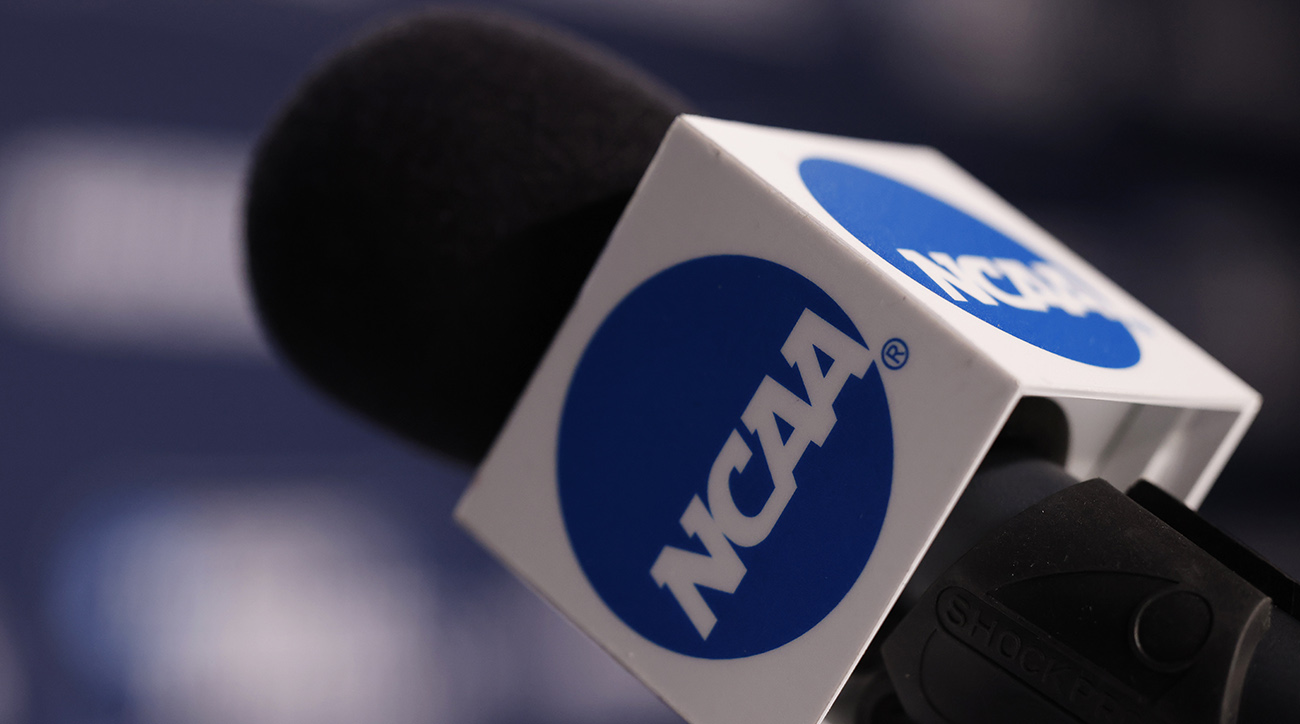This is going to be a mess of epic proportions and I’d love to get some of the other attorneys on this site to weigh in who do more civil litigation. My work was all criminal.
First, the NCAA rules are their own rules so they can ostensibly create whatever crazy rules they want so long as the members agrees to the new rules. So yes the NCAA can create it’s own standard of proof that hearsay is considered actual evidence in this limited scenario. Because anonymous tips are the definition of hearsay since the person making the tip is unavailable to be examined by the party against whom he is making the tip. Think of someone calling the police and claiming you sell drugs, and the Govt can use that phone call as evidence in court and NOT have to produce the tipster. That is hearsay and NOT allowed in court unless the tipster testifies.
Second, while I hate to write these words, Nick Saban is correct. Without legal protection (Anit-Trust), the NCAA will be sued in court over and over again if their rule runs contrary to state law. And since states can have 50 different laws on NIL, and since I expect most state laws to protect their universities against the NCAA enforcement, the NCAA is screwed. What Saban is discussing is what Major League Baseball has which is an anti-trust exemption which makes it very hard to sue MLB in court. This was granted to MLB a very long time ago when baseball owners and congress people were much closer than they are today. This is how baseball kept people from becoming free agents until Kurt Flood and Marvin Miller kicked that door open. Today, Congress is much more concerned with it’s perception as being closer to the people and not tied to an institution that few care for; the NCAA
Third, going back to the 2nd point, the NCAA will be opening itself to litigation in 50 different states. And most importantly, in state court, not federal courts. So elected judges, or local juries, will be tasked with deciding state laws and rendering decisions for or against universities inn their state. Guess which side will win. Not to mention that the NCAA rules on hearsay will not hold up in court. When NCAA rule runs contrary to state law, state law wins.
Fourth, we have a very, very pro free market Supreme Court in its conservative justices, and very pro-individual rights Supreme Court in its liberal justices. Which means they can actually be unanimous in finding on behalf of the players and school against the NCAA and any rule that stifles the player’s right to make money from NIL. Indeed, the dislike of the NCAA may end up as the galvanizing force that brings conservatives and liberals together.
I just don’t see who this ends well for the NCAA.
